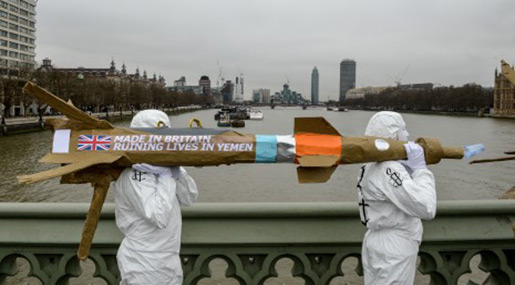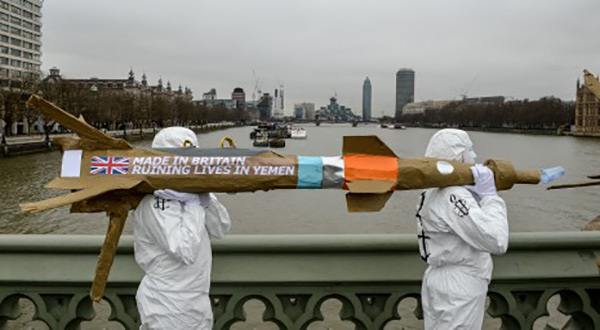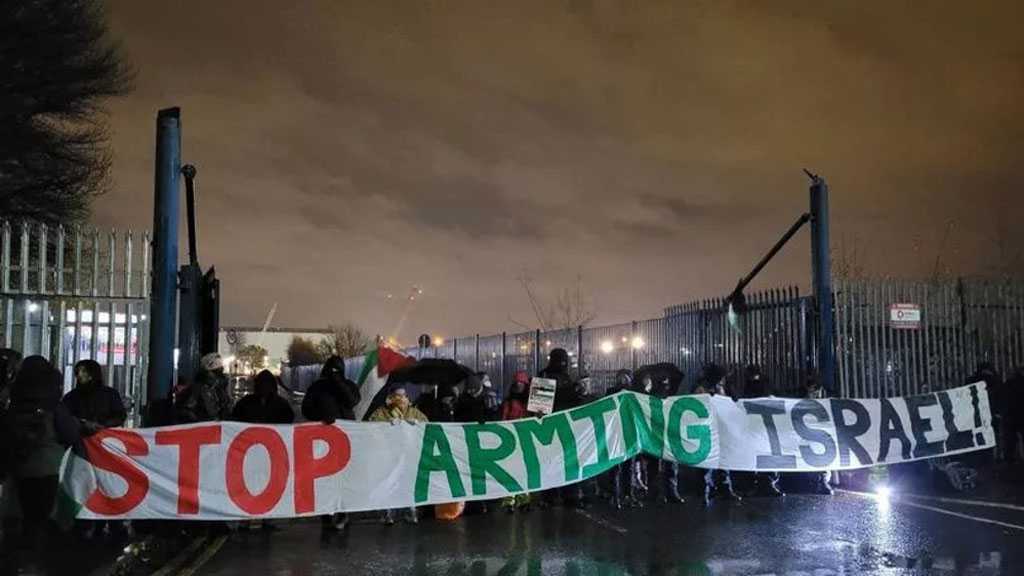
High Court Approves UK-Saudi Arms Sales

Local Editor
A Judicial Review in the High Court has concluded that UK government licensing of arms sales to Saudi Arabia has been "rigorous and robust" and rejected NGO claims that sales should be stopped. While this will come as a considerable relief to exporters, it also highlights the importance of businesses assessing for themselves the risks of the misuse of defense and dual-use goods to avoid the potentially considerable costs of the denial, suspension or cancellation of an export license.

In the first case of its kind for many years, the NGO Campaign against the Arms Trade [CAAT] claimed that military equipment exported from the UK - including Eurofighter Typhoon aircraft, components and munitions - was used in violation of international humanitarian law by Saudi armed forces in their campaign against rebels in Yemen. CAAT argued that evidence gathered by human rights groups and international monitoring agencies showed that Saudi airstrikes had indiscriminately killed civilians. Since this would breach the UK government's criteria for the approval of export licenses, CAAT called for existing licenses of such exports to be cancelled and further licensing suspended.
UK defense sales to Saudi Arabia make up about half of all UK defense exports and were worth approximately £3.5 billion in 2016. The suspension of exports to the Saudi air force would have caused massive disruption, including to the UK-Saudi strategic relationship. Success in this legal challenge could also have led NGOs to launch similar reviews of UK exports to other destinations, threatening a fundamental upheaval of the UK defense industry.
But the High Court found that the government had conducted a "rigorous and robust, multi-layered process of analysis" of the risks of military exports to Saudi Arabia, measured against its criteria for arms licensing. These criteria [based on the European Council Common Position 2008/944/CFSP and adopted as guidance under the Export Control Act 2002] include Criterion 2(c), which provides that the Government "will not grant a license if there is a clear risk that the items might be used in the commission of a serious violation of international humanitarian law".
The court noted that the reports of civilian casualties in Yemen relied on by CAAT were only part of the picture. The government had access to a wider and more sophisticated range of information, much of which was sensitive and could not be publicly disclosed but was seen by the court. The UK also had considerable insight into the military systems, processes and procedures of Saudi Arabia adopted in Yemen, and had had extensive political and military engagement with Saudi Arabia with respect to the conduct of its military operations.
On this basis, the court found that the government was rationally entitled to conclude that Saudi Arabia was genuinely committed to compliance with international humanitarian law and that there was no "real risk" that there might be "serious violations" of international humanitarian law such that UK arm sales to Saudi Arabia should be suspended or cancelled.
The government has welcomed the decision, claiming that it demonstrated that the UK "operates one of the most robust export control regimes in the world". CAAT has said that it will appeal, arguing that the judgement will be "a green light for the government to continue arming and supporting brutal dictatorships and human rights abusers".
Source: News Agencies, Edited by website team



